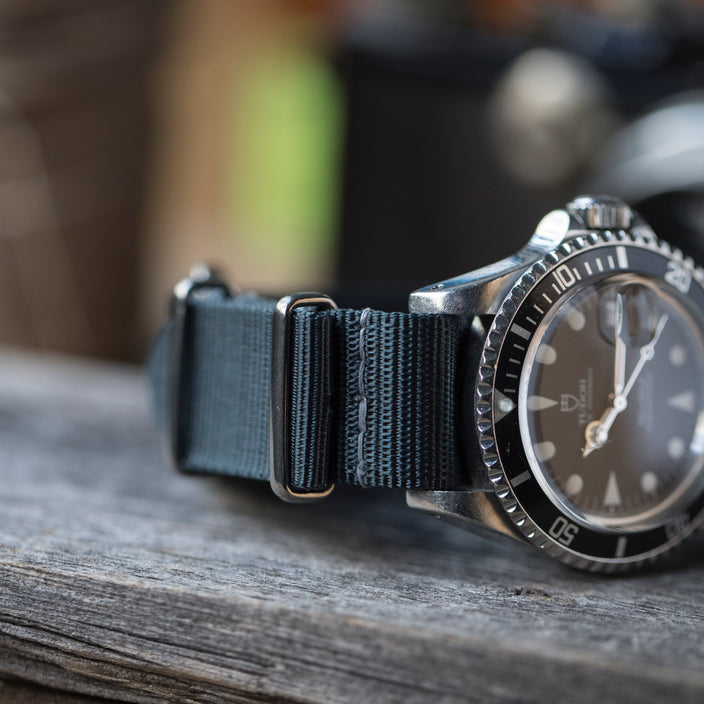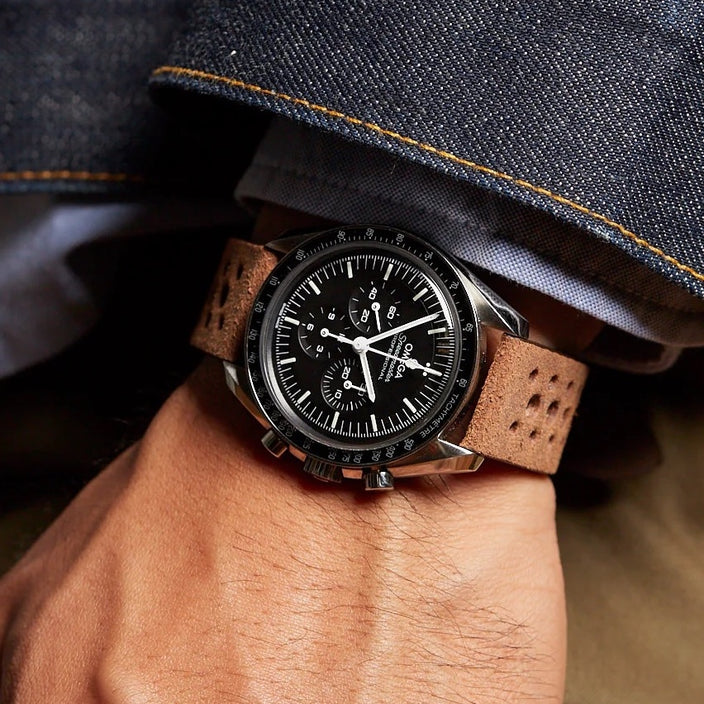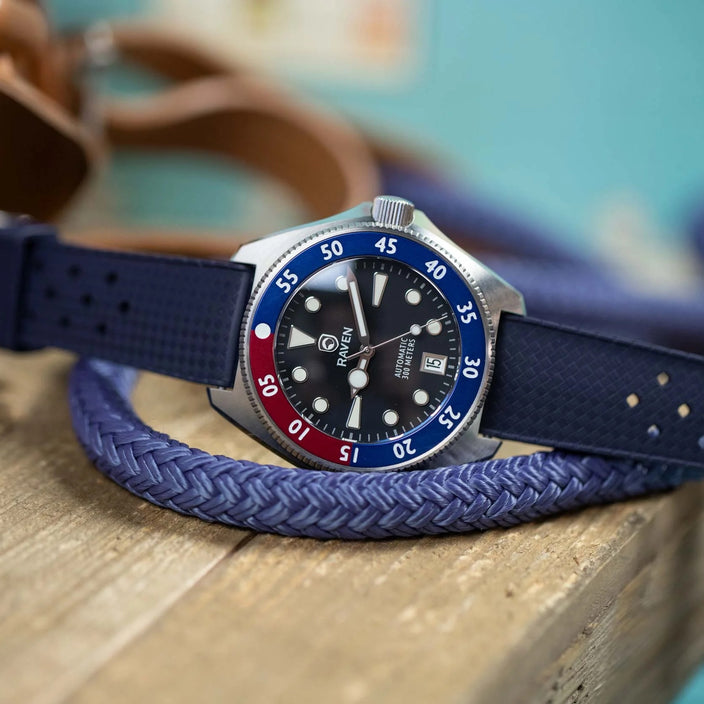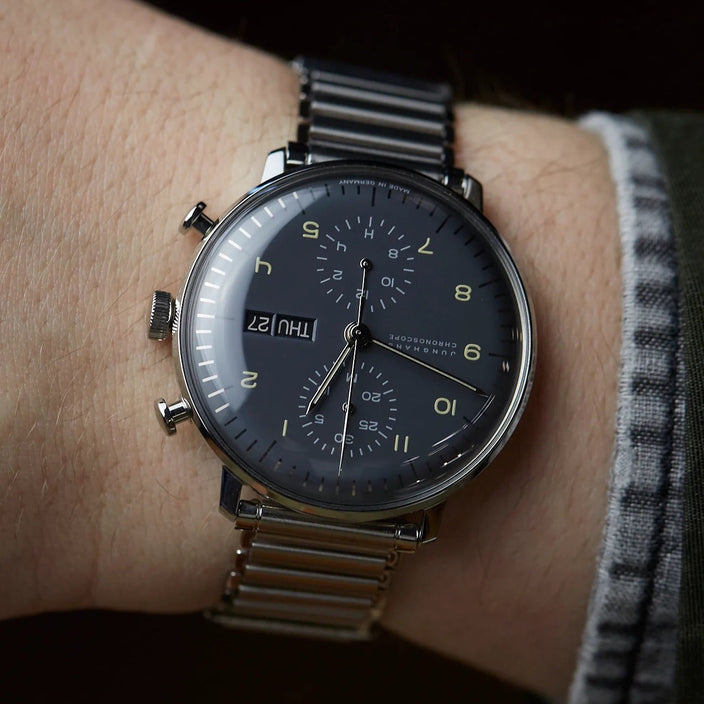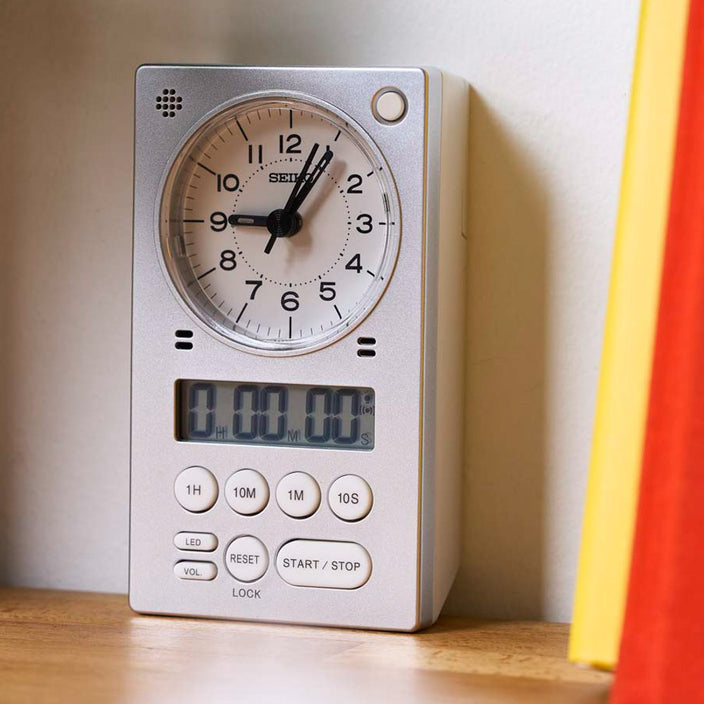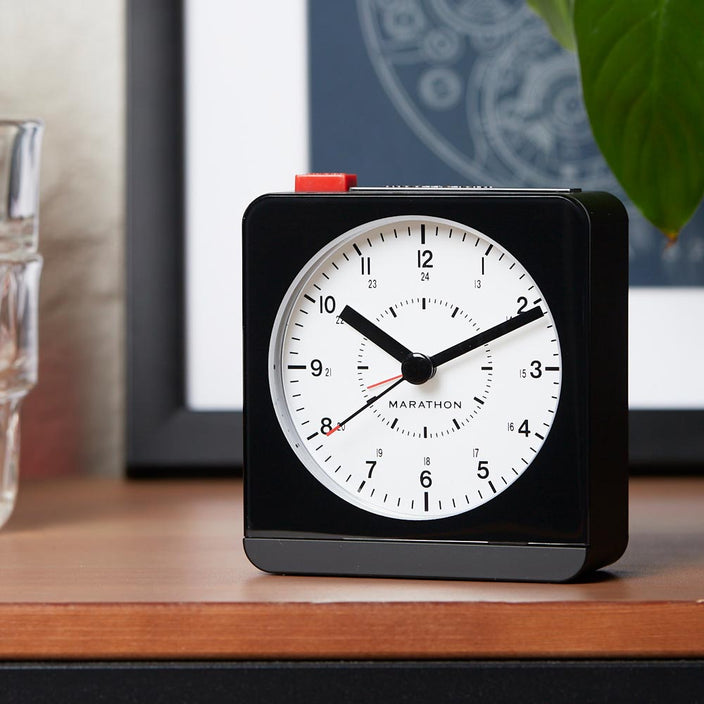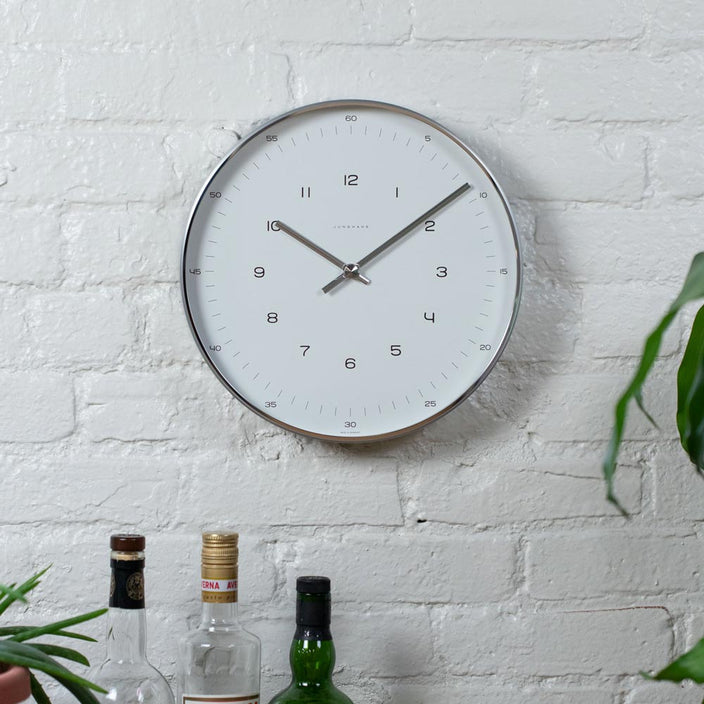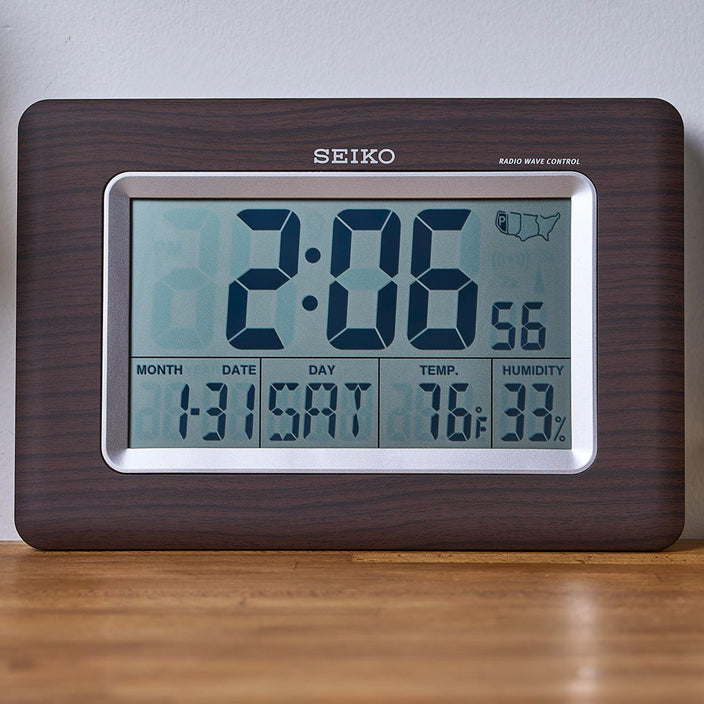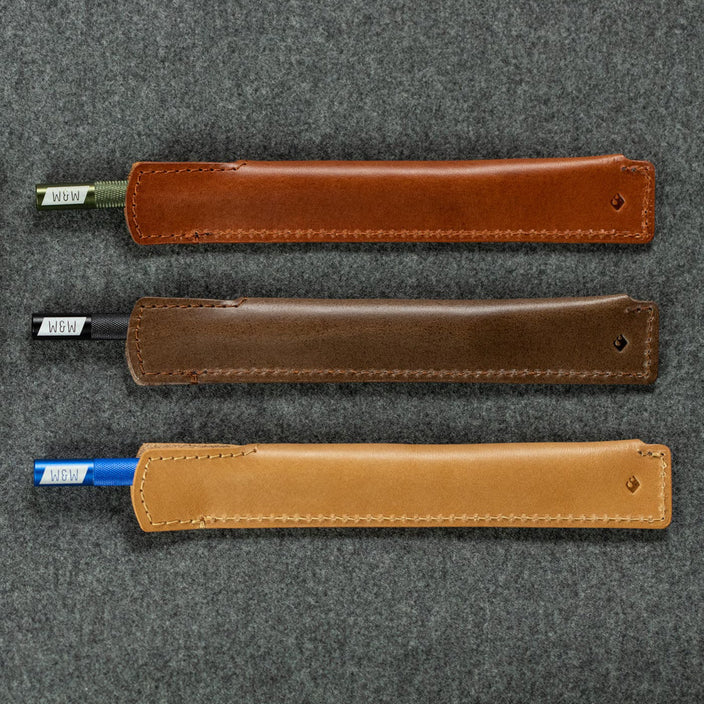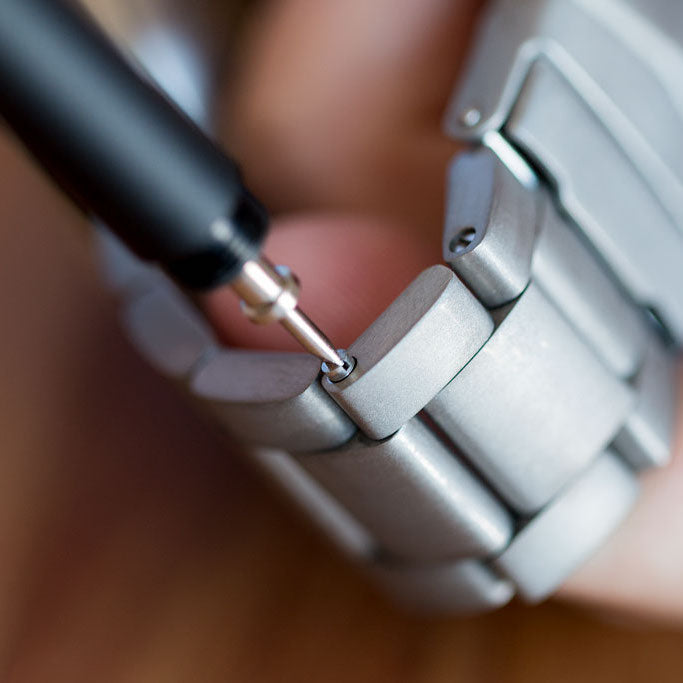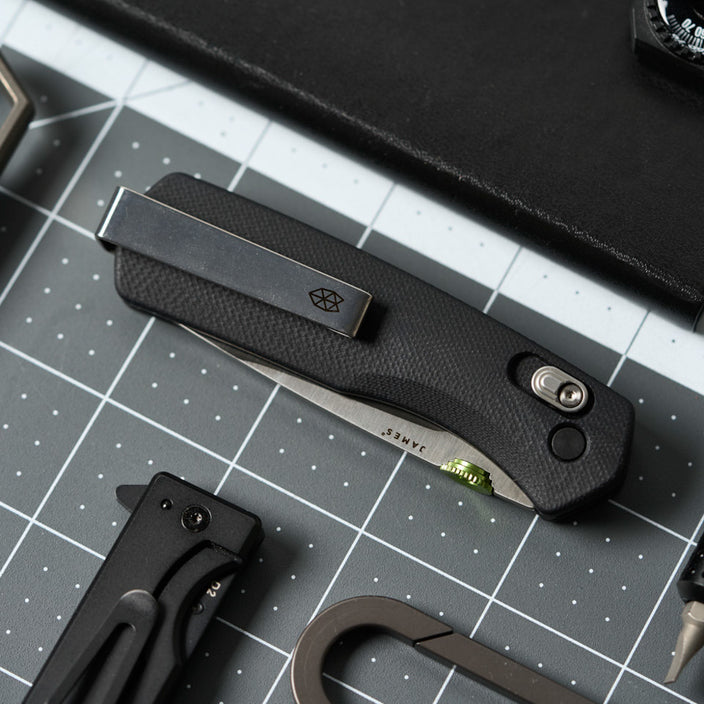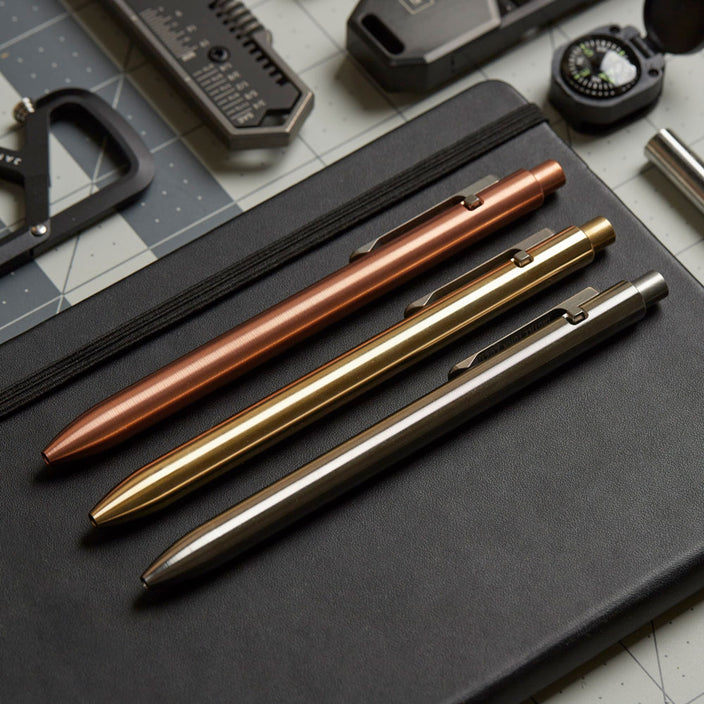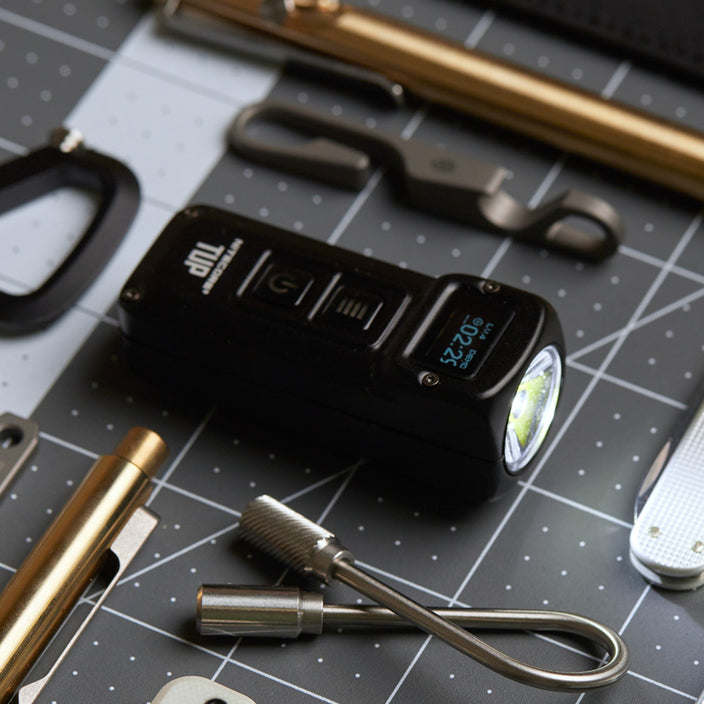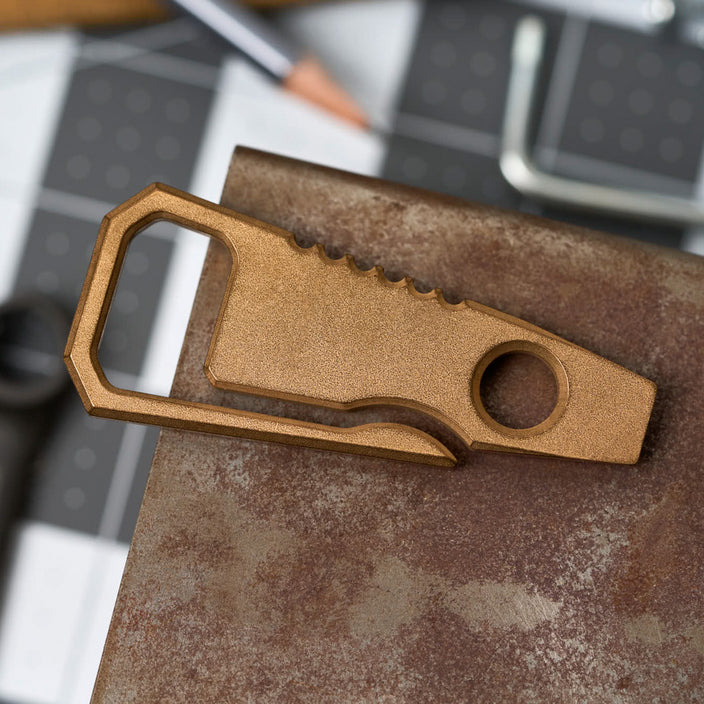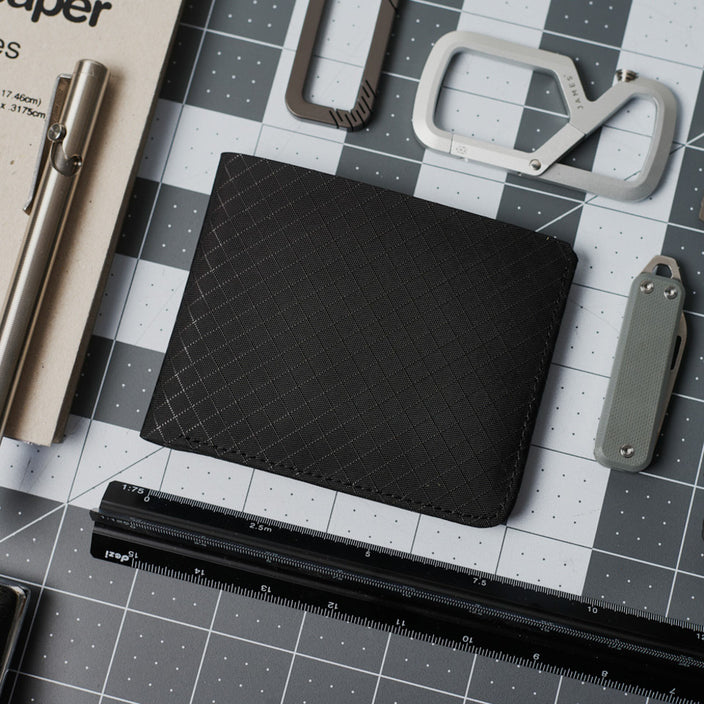
The BENRUS ‘DTU,’ originally issued in 1964, was the result of modifications requested by the US military for combat watch specifications in the early 60s. The revision was meant to simplify the requirements for a 17-jewel hacking wristwatch with an extended service life.
BENRUS created the DTU-2A/P per this request, which subsequently led to the development of the iconic Type I. To mark 100 years of watchmaking, the brand looks back to this popular vintage military timepiece and unveils a re-edition of the original BENRUS DTU-2A/P field watch.
Featuring a 39.5mm bead blasted 316L stainless steel case with black dial, numerals and indices in white, inner ring with military time along with Super-LumiNova hands and markers. Powered by a Sellita SW200 automatic movement with a 38-hour power reserve and 5ATM water resistance, the watch is finished with a doubled domed acrylic crystal and offered on a green seatbelt nylon single pass strap.
Since many soldiers outfitted and personalized their own watches, the new BENRUS DTU-2A/P comes with a removable military compass attached to the strap. Assembled in the USA, the watch also features all the original case back markings of the vintage version.
If you're looking for a field watch with a classic, sterile dial and reliable specifications, the Benrus DTU-2A/P is a great choice.
- Case: Bead Blasted 316L Stainless Steel
- Dial: Black
- Movement: Sellita SW200
- Features: Bead Blasted Case, Assembled in the USA
- Crystal: Domed Acrylic Crystal
- Strap: Seatbelt Nylon Single Pass
- Water Res.: 50 Meters
- Diameter: 39.5mm
- Length: 47.5mm
- Thickness: 12.9mm
- Lug Width: 20mm
- Ref Number: DTU-2A/P
Benrus was founded in New York by Benjamin Lazrus and his two brothers and took its name from the first syllable of his name and the last syllable of the family name. The three young men combined $5,000 in savings and started importing Swiss watch movements and casing them in New York City. They headquartered the fledgling company in the iconic Hippodrome building, nestled in the jewelry district and what is known to still be the “heart” of the City. Today, the company’s headquarters remains in the same location.

